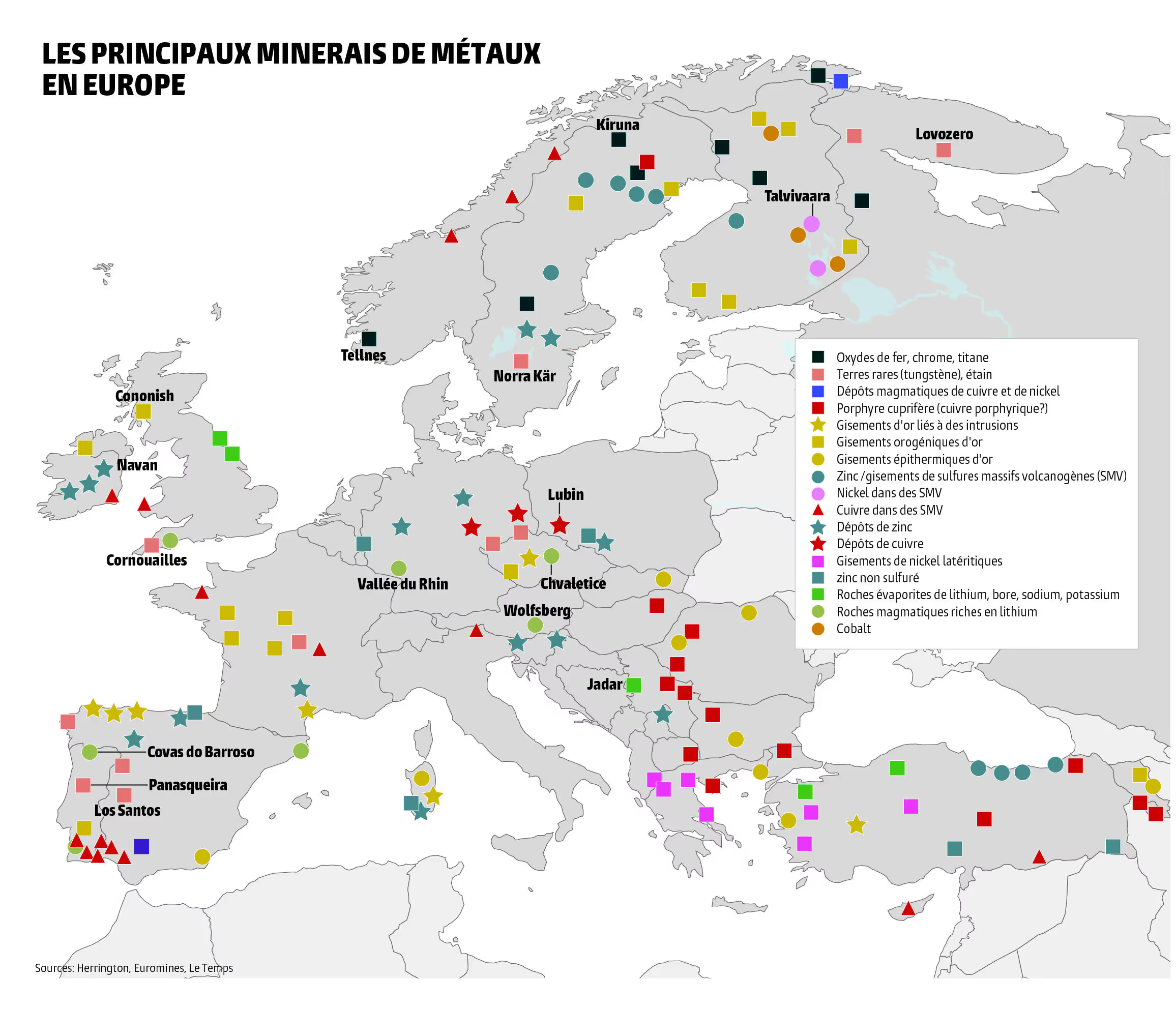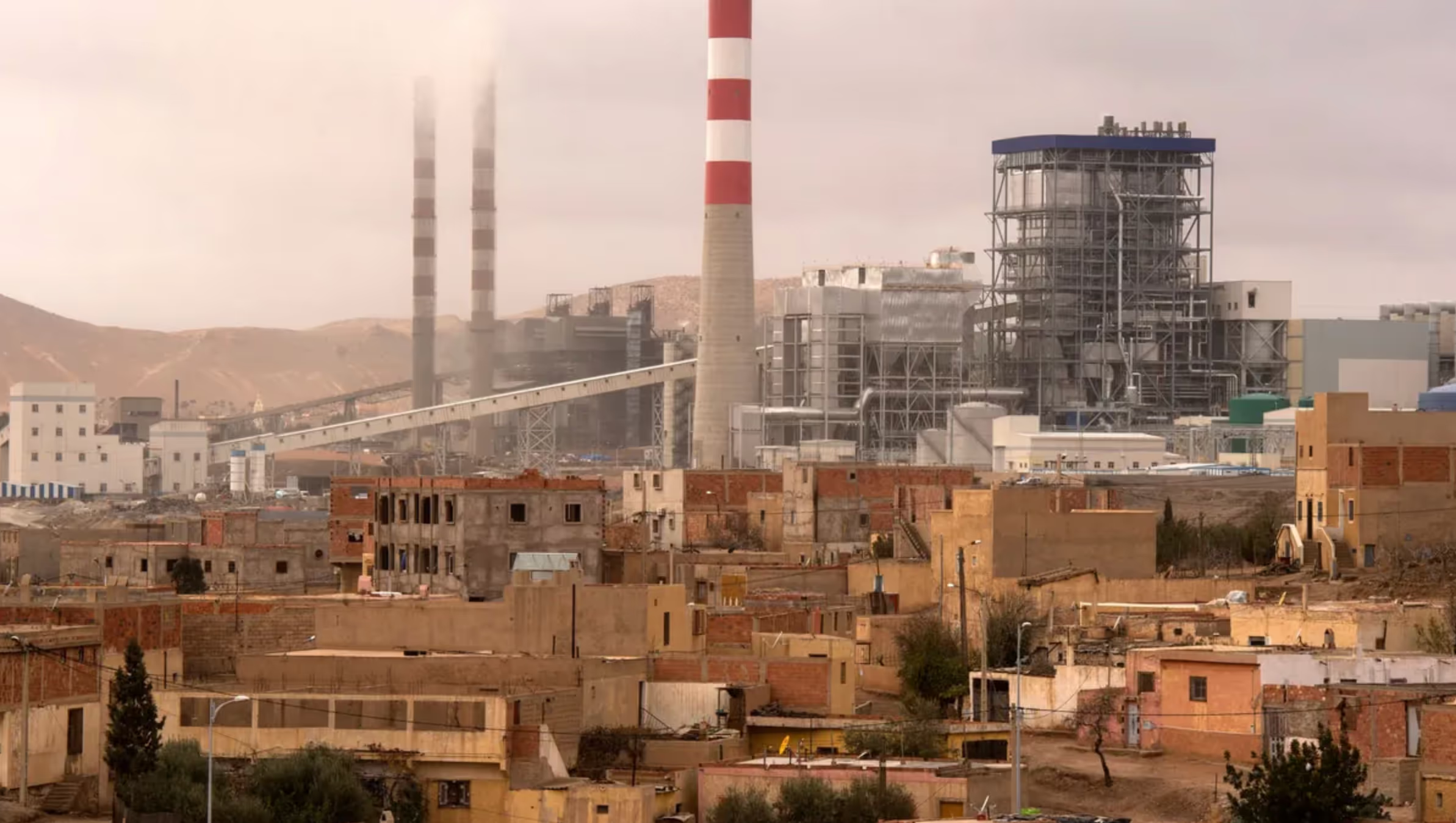More innocent than many cliches, maybe he deserved to be left in his corner. However, its scope differs widely from the realism it purports to convey. More than an observation, it is an admission of powerlessness printed on the receipt; and the fresh ink that covers it drools and stains his fingers. Regardless of their choices, the consumer always ends up with dirty hands. Here is a bit of soap to remedy it.
I — The wrong way to respond to economic omnipotence
Some citizens, aware of having no political weight, dispossessed of their destinies by a renewed technocracy at a rate of five years, identify the economic as the true heart of power. That is the base, which is not so unpleasant. But for all that, there was no return to the class struggle or the desire for emancipation. In the figure of the “consumer-citizen”, All memberships merge and unify in the direction of consumption. Regardless of the “socio-professional category” (sociological gender of the term “class”), ethnicity, age, etc.: everyone can find themselves in the identity of the consumer at the end of the chain of agro-industrial production.
The prototype of the universal citizen has finally been created, who expresses his discontent through boycotts and approves through purchases. In this sense, it is only the logical continuation of the voter to whom advertising products called “candidates” are subject.[1] ”. And why want the end of a system, or even consider it, when at last human beings can fellowship fraternally on supermarket shelves? Cunning as a fox, the consumer-citizen no longer contests: he adapts. He is not an activist, he consumes intelligently. A warrior in the face of the cashier, he disguises his powerlessness into action. Even advertising encourages her in her inner revolution, which refines her slogans according to the trends she shapes. Since “consumm'action” itself became a product, peeing in the shower was then considered a revolutionary act.
The “hummingbird” philosophy provides him with a moral alibi and reassures him in carrying out these “small actions that change the world”. The hummingbird's moral is based on one proposition: faced with the fire that devours the forest, all animals must do their part, from the smallest to the largest. In doing so, It is the accumulation of individual actions that is valued, and not joint collective action. Therefore, it only serves to appease the good conscience of the individual trapped in a system busy coercing and destroying living beings. Because as nice as it may be, this philosophy of life only suggests setting up your prison cell, and Not to get out of it. In fact, the consumption of manufactured goods, even when considered, presupposes the existence of industrial production (and therefore of all its factories, its farms, animals and humans) and its distribution networks. At no point does this mean fighting dependence and the lack of knowledge of the skills necessary for human autonomy. Cultivate, glean, cook, make your bread, draw water, sew your clothes, build your home, All this is replaced by the commercial act, presupposing selling yourself to a business. Contestation limited to consumption never makes it possible to become autonomous; it separates the rebellious drive within the framework of the techno-industrial system, from the competition between companies to conquer buyers.
The formula is simple: to question consumption is to question the wage system. Questioning wage employment means questioning industrial society. Finally, to challenge industrial society is to admit that it must perish in order for a free life in regenerated nature to be possible. Does the (so-called) intelligent consumption of industrial goods follow this pattern? No
II — The bad consumer as a scarecrow
In fact, the techno-industrial system does not require the consent of the individual to grow, spread and ravage everything; but in its propaganda, the opposite is true. The progression of the system would therefore be due to the variety of individual choices and not to the dynamics of the whole. In this way, the responsibility for disasters would in fact fall on the individual. Get ready: you are responsible for eternal pollutants, animals raised in batteries in mud and the halo of artificial lights, microplastics in water and blood, the “sixth continent”, slavery, etc. All this is your responsibility! — Of course, the bigger the lie, the better it goes.
Faced with the multiplicity of damages, it is difficult not to feel overwhelmed. “Consumm'action” then makes it possible to overcome the impotence caused by the state of affairs. The illusion of control, of the possibility of influencing the course of events through individual action, in turn, responds directly to a physical and psychological need: that of exercising one's freedom.
“[...] Freedom means having the burden (either alone or within a small group) of all the vital problems that arise in the course of life: food, clothing, housing and protection against any surrounding threat. Freedom is having power; not the power to lead others, but to control your own living conditions. There is no freedom when someone (or worse, a large organization) exercises power over others, even in a benevolent, tolerant, and permissive manner. It is important not to confuse freedom with permissiveness.”
“It is true that some restrictions on our freedom could be removed, but, in general, the control of our lives by large organizations is necessary for the proper functioning of techno-industrial society. The result is a feeling of powerlessness in most individuals [...].”
“Thus, in order to avoid serious psychological problems, a human being needs goals whose achievement requires effort, and must have a minimum of success in achieving those goals.[2].”
The struggle limited to the consumerist level Serves the system in the sense that it does not encourage the contestation of its very existence, but simply contributes to the elimination of companies that are least suited to survival in the agri-food market.
Without being explicitly named, the system provides a new scapegoat in the person of the irresponsible bad consumer, the one who does not “do his part of things.” Quoting the propaganda that has been taught to them, the “good” consumer deplores the irresponsibility of the “bad” rather than questioning the system as a whole. In doing so, its only horizon is that of a consensual, reassuring, isolated and ineffective challenge.
III — What the system fears
What the technological system is trying to destroy is at the same time what it fears: freedom, nature, the desire for autonomy.
- Freedom, as defined above, is incompatible with the continuation of the system. It can only be built by preventing it and diverting it into forms that are weakened and useful for its survival. Among other things, it diverts it to a professional career, to the enjoyment of the paid consumer of slavery. It prevents it materially by placing individuals under the thumb of large organizations and by removing all control over their living and dying conditions.
- Nature, under the umbrella, raped, exploited, plundered, only serves him as an instrument to establish his domination. By erasing it, he cuts off the human being from his environment to reshape them as he pleases. By annihilating it, the system ensures control over the conditions that allow life on Earth.
- Autonomy proves the uselessness of the system: “[...] for most people, it's through the power process — setting a goal and making an effort standalone to get there — what do you get self-esteem, self-confidence and a sense of power[3].” Only by breaking the possibilities of concrete autonomy can the system claim to be indispensable for human survival.
Of course, attractive forms like AMAP[4] or supporting exclusively small local artisans are individual actions that are difficult to criticize. Moreover, that is not our intention. Simply, even the purest forms of alternatives have a hard time without employee money. Moreover, the system is very successful in taking advantage of this refusal of conventional ways of consuming. The example of “the hive that says yes”, with Xavier Niel (founder of Free) among its shareholders, is in this respect very representative of this ability to recover.
But a fourth element of concern for the system arises when it is presented as an emanation of individual will and responsibility. By doing so, he is not only putting the weight of his fiasco on ordinary people, he is forcing them to think of themselves as guilty. Driven by guilt, it therefore becomes easier to “guide” them along harmless paths such as simple consumerist contestation. By maintaining the isolation of slaves or their reunion in artificial forms (consumer associations for example), the corollary is emerging. The system reveals its fear of organized collective action who will target him and refuse to bear the brunt of his hellish development.
If the anti-tech revolution is necessary, it is because it alone can, in the name of freedom, nature and autonomy, target the system to defeat it.







